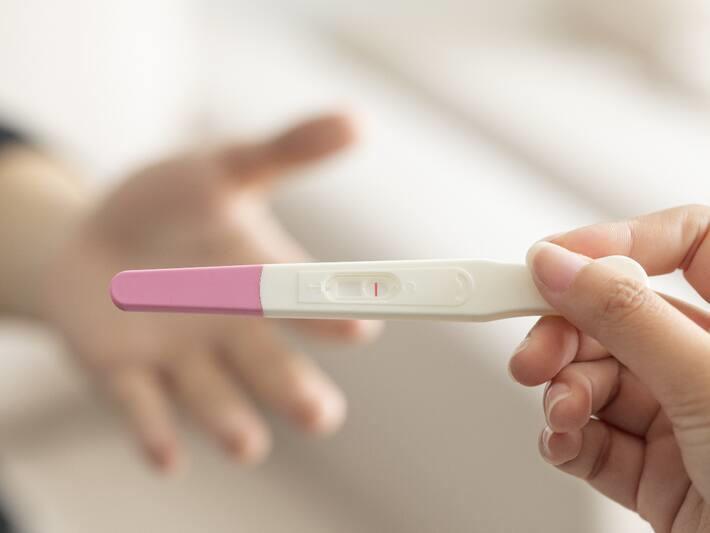Youngsters are Facing Infertility in their Twenties (20s), know Why?
Infertility is defined as the inability to conceive even after a full year of trying. Endometriosis, uterine fibroids, and thyroid disorders can all contribute to infertility in women. Low sperm count or testosterone levels can cause infertility in men. Your odds of being infertile increase as you get older.

Infertility is more common after the age of 35, but it can strike anyone at any time. According to the Centers for Disease Control and Prevention, 10% of women in the National Survey of Family Growth in 2002 reported they had sought infertility treatment at least once. Couples in their twenties, on the other hand, have been having fertility issues as a result of changing lifestyles and long work hours, needing a consultation with an infertility specialist.
Although age is a factor, the fact that "peak fertility" does not usually occur until a woman is in her early 30s does not explain why women in their 20s have trouble getting pregnant. The most prevalent causes of infertility in this age range include ovarian dysfunction,

polycystic ovarian syndrome, tubal illness, and male factors such as low sperm counts or poor motility.
POLYCYSTIC OVARIAN SYNDROME/DISORDER (PCOS/PCOD)This hormonal disease is indicated by infrequent or lengthy periods, as well as high amounts of male hormone (androgen). Weight loss and periodregularizing medications, such as birth control pills, progestin therapy, or fertility treatments like Clomid, are all part of the treatment.
DYSFUNCTIONING OVARIES
This means a woman either does not ovulate properly (release an egg) every month or does not ovulate at all (anovulation). Ovulation problems are the most prevalent cause of female infertility, and they can easily be addressed with medications and medication.
MALE FACTORS
Male factors may account for a third of all fertility difficulties, since low sperm count or quality, a lack of sperm production, testicular abnormalities, and trouble reaching climax are all male-driven causes of infertility. Past illnesses, infections, physical trauma, ageing, genetic disorders, hormone problems, varicoceles, and lifestyle choices including smoking and exposure to heat or chemicals are some of the underlying reasons. Lifestyle changes, as well as intrauterine insemination (IUI) or in vitro fertilisation (IVF), may be used to address these problems. IVF involves manually combining recovered eggs and sperm in a laboratory dish before returning them to the uterus. During an IUI cycle, which is less expensive, a woman is given drugs to cause her to ovulate more than one egg, and then sperm is injected straight into the uterus to encourage conception.
UNEXPLAINED FACTORS
If all tests for recognised female or male variables come back negative but the couple still can't conceive, the cause is considered unknown. This accounts for about one-third of all infertility cases. SUMMING

UP
If you, your partner, or both of you have a fertility problem, you should not be concerned. Infertility affects many people all over the world. Fortunately, there are a number of highly effective reproductive medicines that can help you achieve your family-building goals. Your fertility doctor will propose the treatment that is most likely to give you a baby at the lowest possible cost based on your diagnoses, both individually and as a couple.
Gaudium IVF one of the best IVF centre in Delhi, India where patients can avail of end-to-end infertility solutions at low EMI cost. The clinic has a team of infertility experts and qualified embryologists to ensure the highest IVF success rate.
